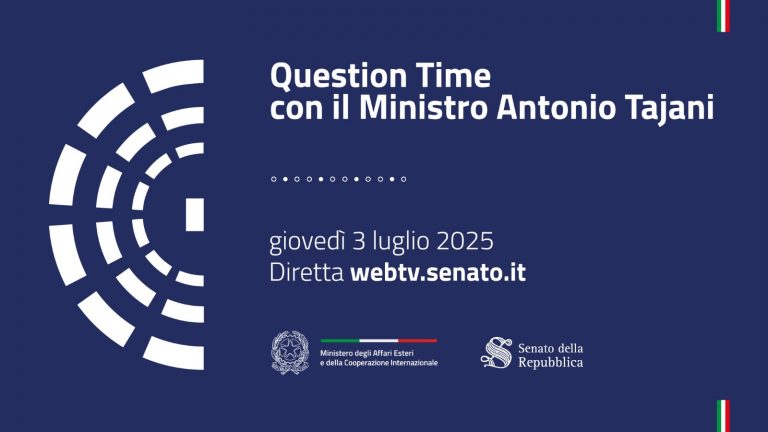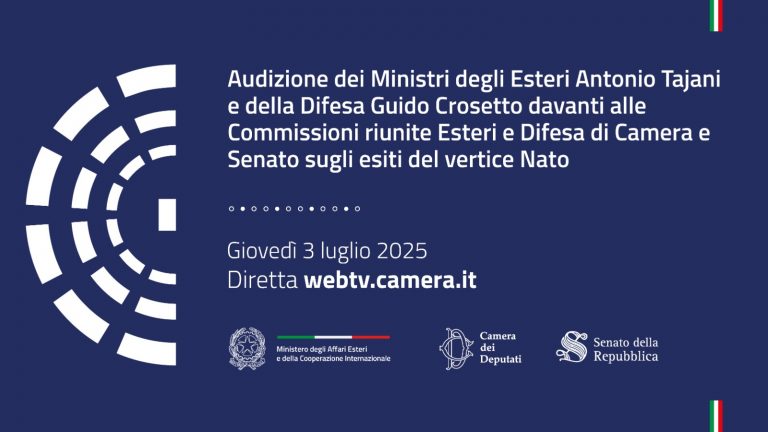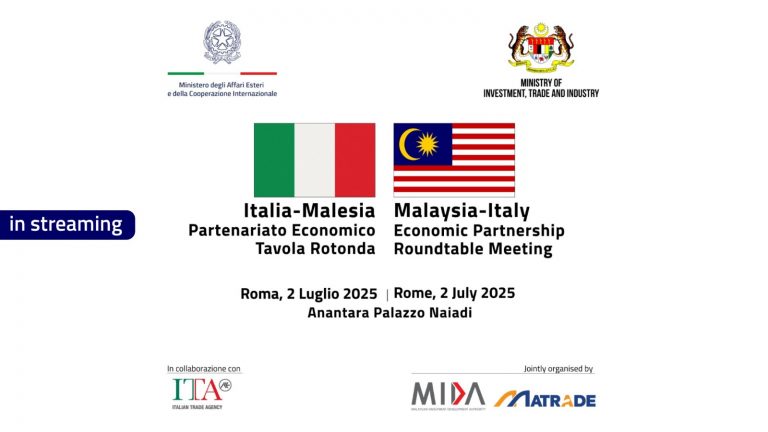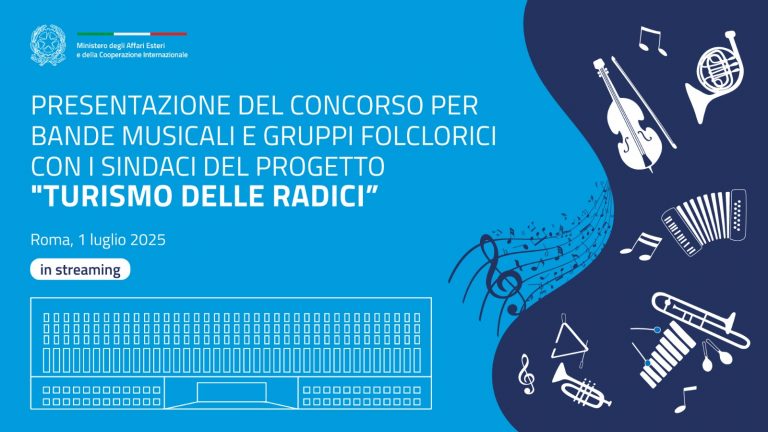The rift remains, and indeed worsens. “The news of seven NGO ships, some flying the German flag, heading for Lampedusa confirms our concern and our analysis, and what I had just told Minister Baerbock”, says Antonio Tajani, back in Berlin from the meeting, not without bitterness, with his counterpart Annalena Baerbock. The Italian Deputy Prime Minister and Minister of Foreign Affairs does not hide his astonishment, and a touch of irritation.
“I find it really strange and worrying. On the day a proposal is made (to the EU Council, ed.), all these ships arrive. Is it a coincidence? What’s behind it?” said the Minister. Already in the afternoon, he had defined NGOs as a “magnet for irregular migrants, all brought to our shores”, while holding the point alongside the Minister who reiterated their support to funding for those ships.
Minister Tajani, what suspicions do you have?
“I ask myself questions. Is there an electoral interest? Some interest of another kind? It can’t be, it’s not working. Maybe someone wants to prevent us from having an agreement? I am really astonished”.
But what is Germany objecting to? That they save shipwrecked people? In the meantime, your counterpart confirms that ‘in three cases’ funds are being paid to the NGOs.
“Sea rescue is sacrosanct. But you cannot fund NGO ships that go and pick up migrants and then bring them to Italy. This is what happens, and it is showing that there is something wrong. If you really want to go down this route, then the migrants that are picked up by an NGO ship are to be brought to the country whose flag they fly. This is the only possible solution. Also because so many of these fleeing men and women would like to reach other European states. That is what is so strange. It’s baffling”.
How so?
“Is the point to save the migrants or to prevent them from going to Germany?”.
Are there disagreements only? What about agreements?
“This disagreement remains, but within a long-standing relationship of friendship between our countries, and of course we agree on the idea that a European solution is needed now, that we have to work together”.
Yet yesterday, the examination of that Pact on Migration and Asylum was blocked at the EU Council due to Italy’s stop.
“The Minister for the Interior is considering legal aspects. But agreements are not ready-made. We have been waiting for others for months, if you wait an hour for Italy nothing bad will happen, I don’t consider it a crime of lese majesty”.
Beyond the differences between countries or the Mattei Plan slogan, don’t you think it is time for structural and humanitarian responses to the great migration crisis?
“I have been talking about a Marshall Plan for Africa for a dozen years, I was European Commissioner for Transport. And since then, I have been saying that we need at least 60 billion to make the African continent grow. The Chinese did it, and to a much greater extent. Today, I say more clearly that we must carry out an operation of friendship with Africa: this is up to Europe, and it is up to the Italians in particular”.
Friendship’s does not seem to be on the table. The Italian government responds to the crisis with police policy: the Plan on CPRs (Immigration Removal Centres), bail.
“Attention must be paid to irregular migrants, to monitoring those who are entitled to asylum. But of course, policing is not the long-term solution. On that continent, there will be 3 billion Africans by 2050. With climate change, terrorism, civil wars, poverty, hunger, we will have to deal with a very different situation. I have been saying this for a few decades: perhaps I am the vox clamantis in the desert? We need time, we need diplomacy, we need patience”.
You are also saying this to Salvini, a thorn in the side of the Italian government, who is lighting up the election campaign: even with the next Italian rally of the ultra-right?
“He’s doing what he does best, it is legitimate: but it does not affect government activity. On the other hand, we have always been and will be in different political families in Brussels, but here we govern together. I respect the allies, but I have my own identity, we are different, and that is one of the lessons Berlusconi has taught us. Forza Italia is a serious party. We don’t shout, we don’t just work on slogans. We do some political actions: for example, on extra-profits. And only in the interests of the Italians: I have no banks”.
You do not, but Berlusconi’s heirs do.
“Marina Berlusconi expressed an opinion: she did not like the tax on banks, but companies are one thing, the party is another”.
Here is the party to come: today, on Silvio’s birthday, you are opening FI’s three-day event in Paestum.
“On the first day we will remember Berlusconi’s greatness, but not in a nostalgic tone; on the second, there will be many thematic tables, on growth, energy, competitiveness, reducing the tax burden. And then we will have to discuss an even more open party”.
A new Forza Italia?
“A new model, even more democratic, rooted in the local area. A party, to put it bluntly, that is Christian, liberalist, driven by the public best interest, strongly pro-European and Atlanticist. But I say “new” only because I am not megalomaniac, I am not Berlusconi’s heir. The objective is to occupy a space that is firmly at the centre: of permanent gravity, to quote Battiato”.
The game of deputy secretaries: is it already decided or is it a real contest?
“Of course: it was I who wanted not the nominees, but the election of everyone. And if I am elected, we will have a more plural party. We will talk about it in any case in February, at the conference in Rome”.
What about internal currents, from Schifani to Mulè-Ronzulli?
“I don’t think there are differences on the political line, honestly. Legitimate ambitions are another matter. But that’s why I wanted it to be a real conference. Forza Italia will be a truly contestable party”.






